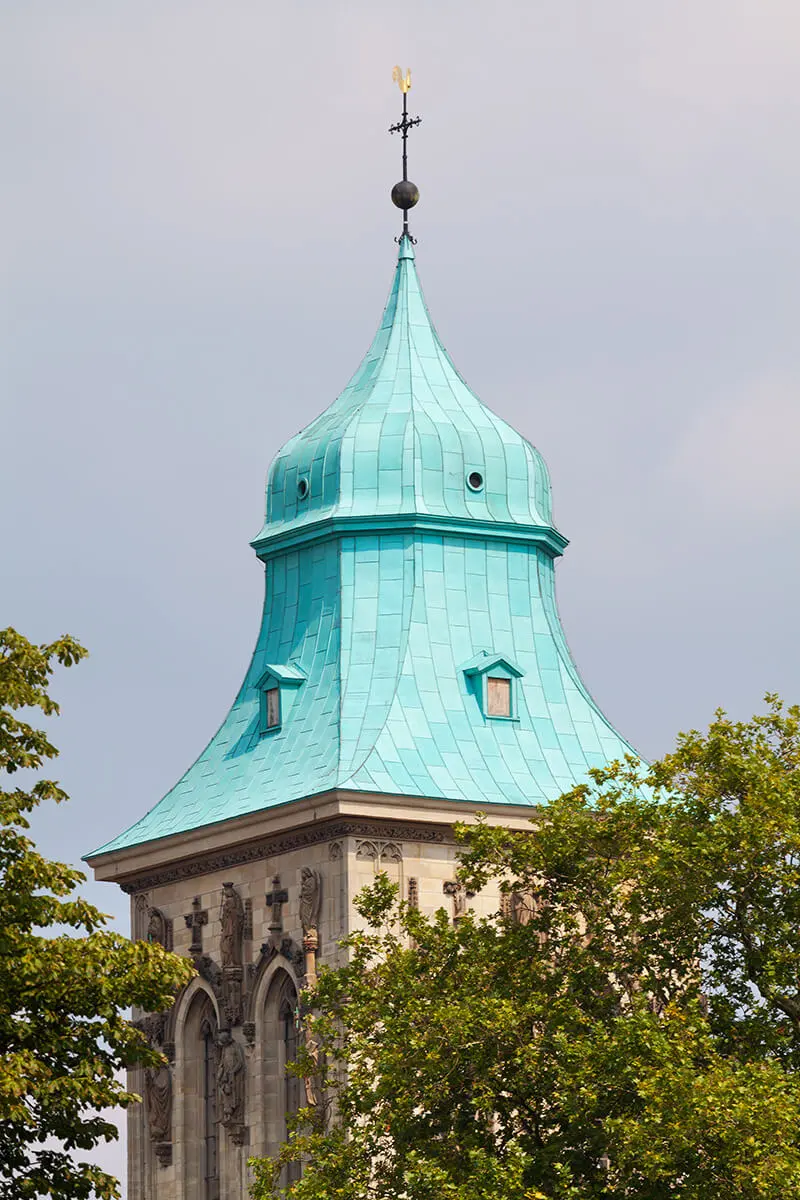

History of Metal Roofing
Metal roofing has a long and rich history, dating back several centuries. Here’s an overview of its evolution in construction:
Early Use (Ancient Times):
Evidence suggests that metal roofing dates back to ancient civilizations. For example, copper roofs were used in ancient Rome and Greece, and lead was also employed in some historical buildings.
19th Century:
The widespread use of metal roofing began in the 19th century, particularly with the advent of new manufacturing techniques. Corrugated metal became popular for agricultural buildings, barns, and industrial warehouses due to its durability and affordability.
Early 20th Century:
In the early 1900s, metal roofing gained popularity in residential architecture, especially with materials like aluminum and galvanized steel becoming more readily available. Architectural styles such as the Prairie School in the US incorporated metal roofs for aesthetic appeal and functionality.
Post-World War II
After World War II, the construction industry saw significant growth, and metal roofing became more prevalent in residential and commercial buildings. Advances in manufacturing and coatings made metal roofing more accessible and versatile.
Late 20th Century
By the late 20th century, metal roofing emerged as a mainstream option, especially with innovations in coatings (such as Kynar and silicone) that enhanced corrosion resistance and color retention.
21st Century
Today, metal roofing is regarded as a high-performance, energy-efficient option for homes and commercial buildings. New technologies, including reflective coatings and improved insulation, have further enhanced its appeal. The trend toward sustainable building practices has also contributed to its popularity, as metal roofs are often made from recycled materials and are recyclable themselves.
Conclusion
Metal roofing has been used in construction for centuries, evolving from early applications in ancient civilizations to a modern, widely accepted roofing solution. Its combination of durability, aesthetic versatility, and energy efficiency has cemented its place in contemporary building practices.
